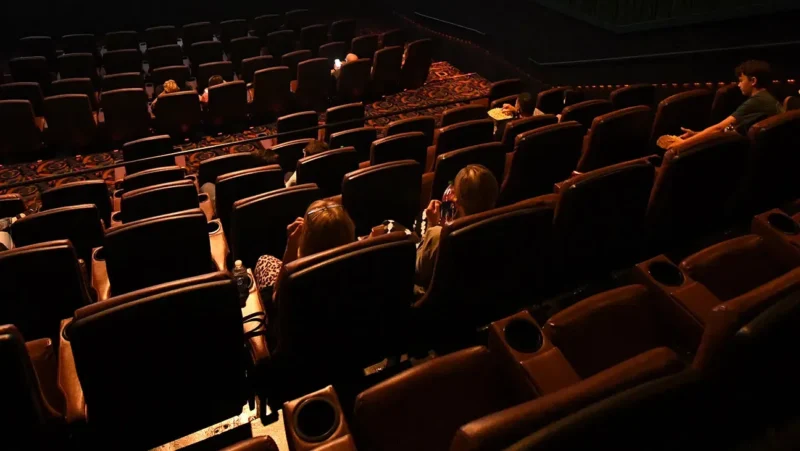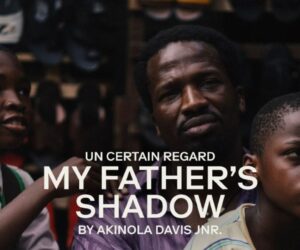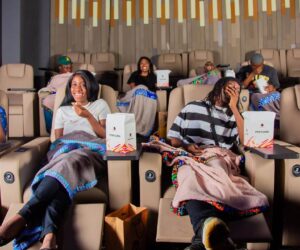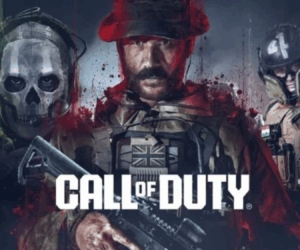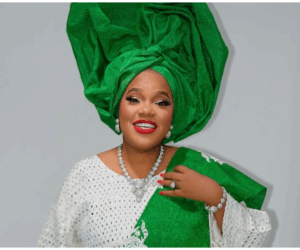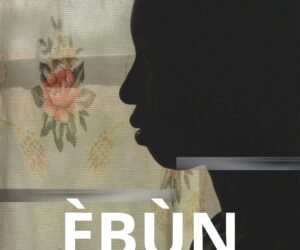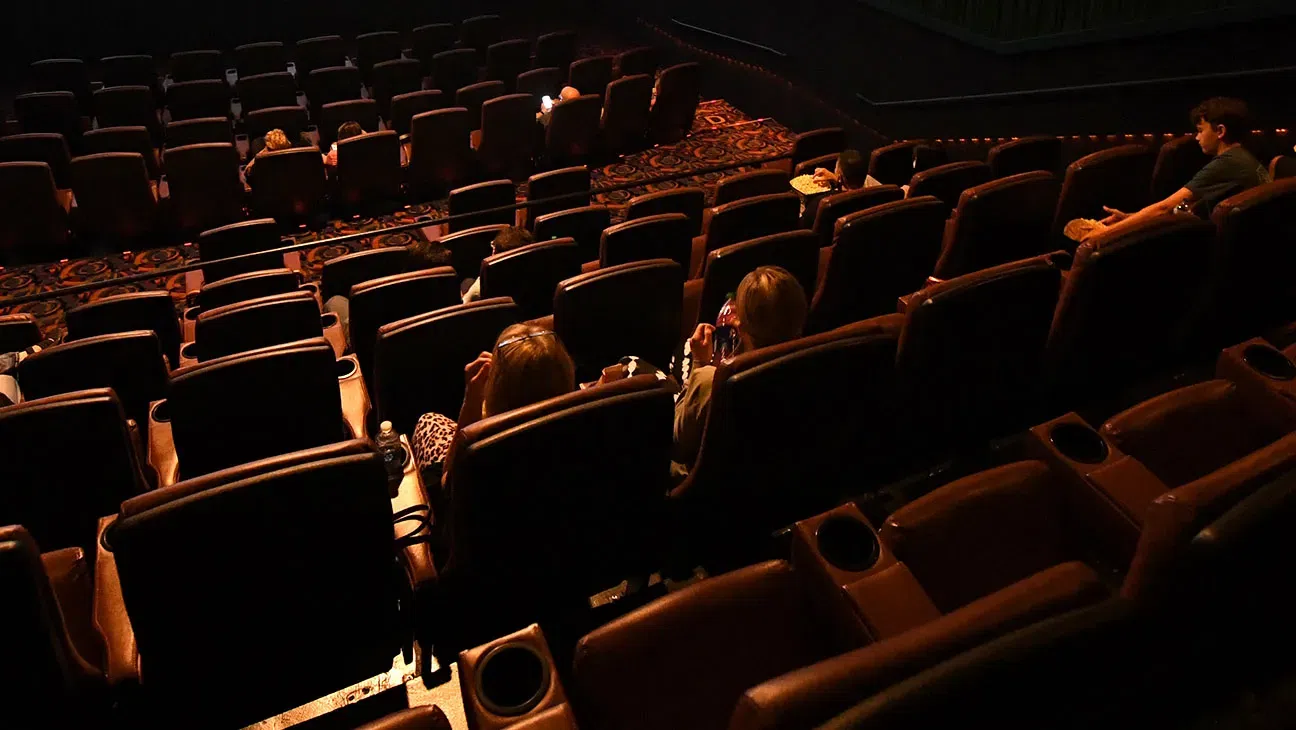
There’s a peculiar heartbreak in Nollywood that happens quietly, away from red carpets and premiere fanfare. It’s the sound of a well-made film falling into silence.
The kind of film where everything is intentional, every performance nuanced, every story beat earned and yet, somehow, it never catches fire. No viral moments. No trending hashtags. Just a quiet release, a few respectful reviews, and then… nothing.
We’ve watched it happen too many times. Filmmakers pour their souls into projects, only to watch them disappear while films with a fraction of the craft dominate conversations for weeks. And the question that haunts every screening room and production office is always the same: Why?
After countless conversations with filmmakers, distributors, and executives and years of observing audience behaviour both as a film reporter and filmmaker, I’ve come to a difficult conclusion: quality doesn’t guarantee virality.
In fact, sometimes it works against it. Think, A Ghetto Love Story, The Weekend, The Herd, and even the AMVCA-winning Freedom Way, etc. These films are well done, but the numbers don’t match.
ALSO READ: Director Daniel Oriahi opens up on making a big-budget Nollywood film ‘The Weekend’
The Uncomfortable Truth About “Good” Films
Let’s start with the hardest pill to swallow: some films are too good for their own commercial success. Victoria Ogar, Head of Distribution at FilmOne Entertainment, said something in one of our conversations: “Some good films can’t sell. Because they don’t speak to the cinema audience.”
She was being honest about a structural reality in Nollywood. Here’s a difference between a film critics respect and the ones audiences rush to see. And unfortunately, those two categories don’t always overlap.
The cinema-going audience in Nigeria wants escapism. They want spectacle. They want to laugh, to feel butterflies, to see glamour and aspiration reflected back at them.
They don’t necessarily want to be challenged, confronted, or asked to sit with discomfort. And this isn’t unique to Nigeria; it’s a global issue.
But in a market as young and still-developing as ours, the gap between “prestige film” and “popular film” is even wider.
We’ve seen films with beautiful cinematography, layered scripts, and award-worthy performances struggle to fill a single screen.
Meanwhile, a romantic comedy with predictable beats and surface-level chemistry sells out entire multiplex chains. The difference? One film asks you to think. The other asks you to feel, quickly, easily, and without much effort.
RELEVANT: Not all filmmakers are the same: Here’s a guide to knowing the difference
The Star Power Problem
One of the most common reasons a film fails to trend is the lack of “bankable” stars. And while it sounds superficial, the data backs it up.
Nollywood audiences are still deeply star-driven. A film with Funke Akindele, Toyin Abraham, or Timini Egbuson will naturally have a built-in audience that shows up regardless of the story.
But introduce a brilliant newcomer or a respected theatre actor without a massive social media following? The film immediately starts at a disadvantage.
It’s why Victoria Ogar mentioned that FilmOne looks at whether actors are “commercial enough” when deciding to distribute a film. It’s not only about talent, it’s about reach.
Can this actor pull a crowd? Do they have the social media clout to drive ticket sales? This creates a vicious cycle. Talented actors can’t become stars without lead roles in big films. But they can’t get those roles because they’re not yet stars.
And so, films with incredible performances but unfamiliar faces get buried, not because they’re bad, but because the market hasn’t yet learned to trust new faces.
There are exceptions, of course. But they’re rare. And they usually require a perfect storm of timing, marketing genius, and word-of-mouth momentum that most indie films simply can’t afford to engineer.
Genre Gaps: What Nigerian Audiences Won’t Watch (Yet)
Certain genres are box office poison in Nigeria, no matter how well-executed. Psychological thrillers? Difficult sell.
Nigerian audiences want their horror visceral and their thrillers straightforward. As of early November 2025, The Conjuring: Last Rites has achieved a domestic box office gross of approximately $177.7 million and an international gross of about $315.2 million, for a worldwide total of around $493 million since its release.
While our own My Mother is a Witch grossed barely ₦100 million at the Nigerian box office. Which is about $70,000. For Nigerians, anything too cerebral or ambiguous tends to confuse rather than engage.
Social realism? Even harder. Films that hold up a mirror to Nigeria’s harsh realities, poverty, systemic corruption, and police brutality rarely perform well theatrically. Freedom Way, for instance, grossed barely ₦10 million in its first two weeks at the cinemas.
People don’t want to pay money to watch the same struggles they’re living through. They can see that for free every day.
Period pieces? Unless it’s an epic with massive scale, historical dramas struggle. There’s a disconnect, perhaps, between contemporary Nigerian identity and pre-colonial or colonial-era storytelling that hasn’t yet been bridged in mainstream cinema.
And then there’s romance, the genre that works, but only in very specific ways.
The Romance Paradox
Romance is Nollywood’s most reliable genre. But not all romance. Only a particular flavour: the kind that’s aspirational, surface-level, and emotionally uncomplicated.
There’s something troubling yet undeniable: the romances that trend in Nigeria are often the ones that blur red flags and green flags into a glossy fantasy. The toxic billionaire who “changes” for the right woman.
These films work because they’re easy to consume. They don’t ask audiences to interrogate relationship dynamics or question gender roles. They deliver the dopamine hit of romance without the complexity of real love.
Meanwhile, films that explore love with nuance, the messy negotiations, the slow burns, the relationships that require work and compromise, struggle to find their audience.

